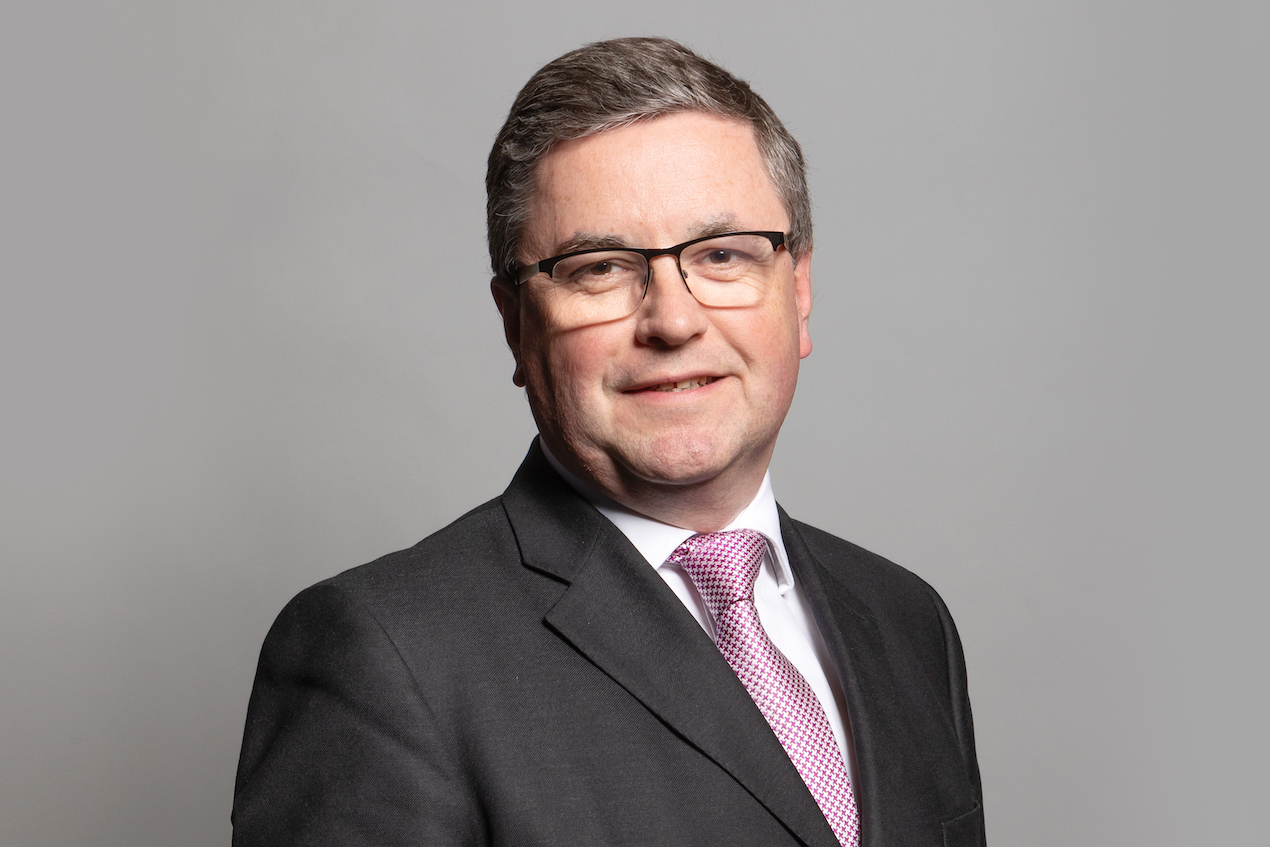The government’s decision to sue the Covid inquiry “gives the impression that somehow the government has something to hide”, a senior Conservative MP has said.
Sir Robert Buckland, who served as justice secretary and Lord Chancellor from 2019 to 2021, said that the move by the government was “unnecessary”, telling Sky News: “it would have been far better to negotiate and deal with this in a way that would have respected the discretion of the chair”.
Baroness Hallett, who was appointed chair of the inquiry in December 2021, requested the government hand over key documents, including messages sent by former prime minister Boris Johnson and his fellow ministers and advisers, as well as contemporaneous diary entries.
But the retired senior judge’s deadline for the government to hand over Mr Johnson’s communications and notebooks in an unredacted format was missed by the Cabinet Office last week.


Sir Robert suggested he has been told that the High Court could hear the government’s challenge to the Covid inquiry “as early as next week”.
Baroness Hallett is expected to respond today, for the first time since the government announced it was seeking judicial review, as she holds a preliminary inquiry hearing at 10.30 am.
It comes as solicitor Elkan Abrahamson, who represents the Covid-19 Bereaved Families for Justice campaign group, said that Baroness Hallett may have to resign if she loses the coming High Court battle with the government.
Stressing that he was not calling on her to quit, Mr Abrahamson said: “I hope and expect that the inquiry will win that battle”, he told a news conference.
“There is a concern that if they don’t win – the chair having said quite clearly that she needs to see this material in order to have a proper inquiry – if the court says to her ‘well, you can’t see it’, it seems to me the only logical response of the chair is to resign because she can’t properly do her job.
“I’m not saying she should resign. I’m saying I expect that that might be the result.”
Mr Abrahamson’s interventions came as the government laid out its rationale for seeking the judicial review in parliament yesterday.
The Cabinet Office argued it has sought a judicial review over the matter because there are “important issues of principle at stake” around privacy.
Paymaster General Jeremy Quin told MPs the challenge was a “matter of legal principle that will have an impact on this and all future governments” and not related to “one individual’s personal information”.
He said there was “no question that all internal discussions on Covid in any form requested by the inquiry will be made transparently available to it”.
But he added: “What has been redacted and so not provided in response to the notice is material which the Cabinet Office considers to be clearly and unambiguously irrelevant to that work.
Mr Quin was criticised by MPs from all parties, including the Conservative chair of the public administration and constitutional affairs committee (PACAC), William Wragg, who said: “The problem with this is if government business is conducted by means of WhatsApp, public inquiries will express an interest in reading what was transacted.
“When he says that the questions over material [that] might be unambiguously irrelevant, it is for the chair surely to determine that?”.
“That material includes, for example, communications about purely personal matters and about other aspects of the government’s policy and work, which have nothing to do with Covid.”
Conservative former minister Sir Edward Leigh urged the government “let everything hang out and just co-operate with the inquiry”. He added: “Let them have what they want and let’s get to the truth.”
Speaking further this morning, Sir Robert Buckland explained: “I think it would have been far better for lawyers on both sides to agree what should be relevant and used in the inquiry. … I don’t see why we’ve ended up in this standoff, bearing in mind the fact the inquiry is going to take a long time, and all that this does is prolong matters further”.
He added: “I’m told they’re going to hear the case as early as next week, which I think is encouraging. But you know, I do ask the question, what was this really necessary bearing in mind?”.
The first evidence session for the Covid inquiry is due to take place next week, with Baroness Hallett set to hear from witnesses about the UK’s pandemic preparedness and resilience as part of her Module 1 investigation.
Public hearings are scheduled to conclude by summer 2026, with interim reports published before then.












